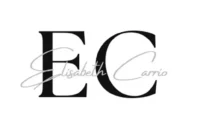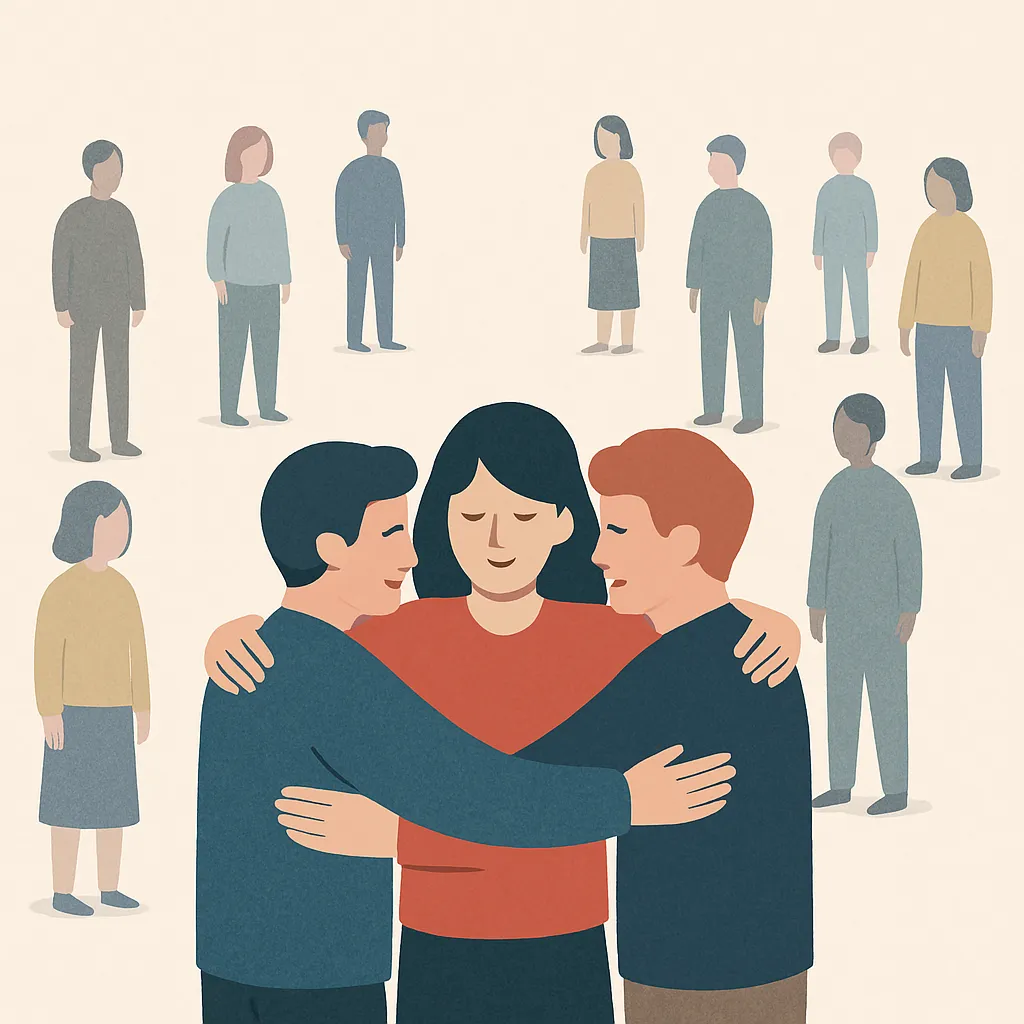I have just finished reading Geoffroy de Lagasnerie's fascinating work, simply titled "Friendship." This bold book is a veritable indictment of the traditional family institution, which the author radically contrasts with friendship. In it, he recounts the intensity of his bond with two other men, forming an exclusive trio, united to the point of excluding all otherness. For him, friendship represents not only an emotional bond but also a genuine social alternative, a political project capable of restructuring our way of being together.
However, despite the clarity of his argument and the literary quality of his text, the author raises more questions than he answers, which, in my opinion, demonstrates the profound interest of his work.
Criticizing the system while participating in it: an ambivalent stance
Geoffroy de Lagasnerie is part of the academic world, a universe he harshly criticizes for its elitism, its internal competitions, and its highly codified recognition mechanisms. Yet, he himself benefits directly from academic recognition, which places his critique in a paradoxical and comfortable position. Doesn't resisting from within, by creating his own microcosm of friendship, amount to reproducing the very mechanisms of exclusion he claims to denounce? This small group of friends then becomes a fortress against otherness, favoring similarity over difference.
Pierre Bourdieu described it well: any posture of protest from within a field requires constant vigilance in the face of the risks of reproducing the criticized systems (Bourdieu, The Distinction, 1979).
Can friendship replace family as the foundation of society?
The idea of replacing family with friendship seems appealing but profoundly utopian. The family is a fundamental anthropological institution, anchored in our biological and psychological identity. Even if its contours are constantly evolving, everyone is born into a family, imposing a determining social framework from the outset.
Friendship, on the other hand, is freely chosen, building and deconstructing itself throughout life. Its richness lies precisely in its flexibility, its ability to evolve or disappear without institutional constraints. Making it a stable system, as Lagasnerie proposes, risks rigidifying this bond, leading to the same suffering as a family breakup when a friend voluntarily or involuntarily leaves the group.
Aristotle, in his treatise on Nicomachean Ethics, rightly underlines the beauty of friendship which lies in its free choice and its blossoming in the space of the voluntary, the spontaneous and the reciprocal (Aristotle, Nicomachean Ethics, Book VIII).
The semantic and social roots of friendship
Etymologically, “friendship” comes from Latin friendship, derived from amicus ("friend"), himself from amare ("to love"). This bond of chosen, unforced love differentiates friendship from family relationships, which are often based on implicit obligations and expectations.
But can we build a society on such an intimate and personal relationship? The major risk would then be that of exclusion, inherent in any closed human group. As Edgar Morin points out, every human group is subject to the dynamics of inclusion and exclusion, a phenomenon amplified when an intimate relationship is established as a social norm (Morin, The Method: The Humanity of Humanity, 2001).
Why do we become friends?
We become friends through affinity, shared experiences, or sometimes simply through chance encounters. But can we really call them chance? Lagasnerie describes three writers from the same academic milieu, a world characterized by intimacy. Their friendship thus reflects their cultural, intellectual, and social similarities, risking excluding any real otherness. This logic of similarity reproduces and reinforces already existing social inequalities.
Social psychologist Beverly Fehr points out that friendships are often based on similarities (age, values, social status), which reinforces the logic of homogeneous and therefore excluding groups (Fehr, Friendship Processes, 1996).
Friendship as a mirror and a challenge of openness
Thus, our friends often become our mirror, a direct reflection of who we are or want to be. The real question Lagasnerie poses, perhaps without formulating it explicitly, is this: Are we ready to transcend our fears to accept radical otherness, the unknown, the different, or do we prefer to remain in a secure but closely similar circle to ourselves?
This reflection invites everyone to an introspective examination: How many friends do you have who are truly different from you, from other social backgrounds, other cultures, or other beliefs? The answer directly indicates your degree of openness to otherness.
Conclusion: Friendship as an ideal, not as a system
While Lagasnerie's idea is stimulating, it nevertheless reveals the inherent limits of any utopia. Friendship, freely chosen, open, and evolving, cannot be the exclusive foundation of a new societal system without risking reproducing the structures of exclusion it claims to combat.
Friendship must remain an invitation to openness, freedom, and respect for others, not a dogma or a closed institution. It certainly enriches our private and social lives, but it cannot replace the complexity of the bonds that constitute us as human beings and citizens.
Perhaps the real challenge lies in the ability to balance our emotional, friendly and family relationships, always keeping the doors open to others, to the unknown and to what is different.
🌟 April Special Offer 🌟
What if this was the right time to take care of yourself and take real stock of your projects?
This month, I invite you to book a first contact session free to discuss your goals, your desires or your doubts.
And to support you further in your transformation, I am exceptionally offering a special offer:
- ✨ -20 % on the 3-session pack
- ✨ -30 % on the 6-session pack
- 🎁 As a gift: a Bonus PDF to start your thinking between sessions
👉 Offer valid until April 30.
It's time to dare to put yourself first.

